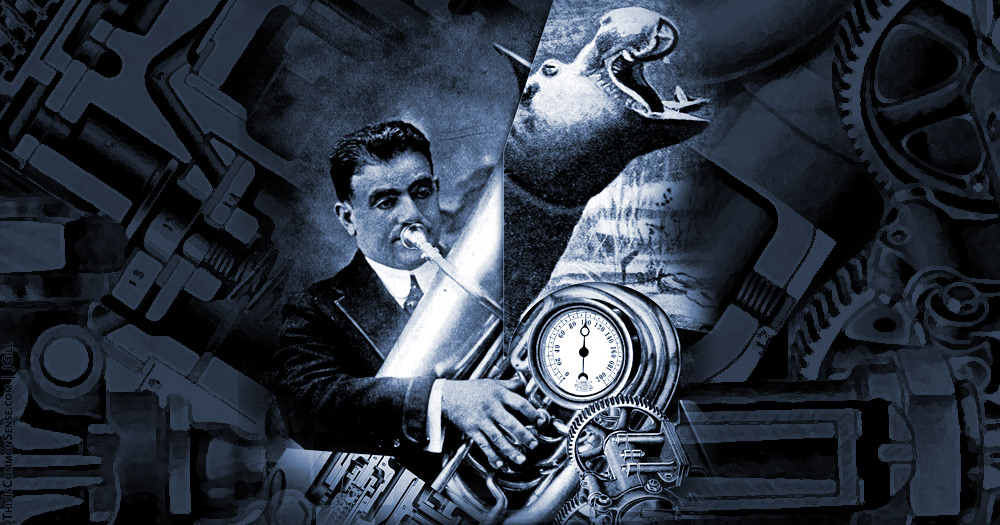Presidents tend to issue pardons as their tenures draw to a close. But many victims of our government should be pardoned right now. Until the culpable agencies can be dismantled and/or sundry bad laws repealed, a steady flow of presidential pardons would provide the swiftest justice.
An Amish man in Kentucky, Samuel Girod, has been convicted of selling herbal remedies and such crimes as “failing to appear.” It doesn’t add up to one day in prison, let alone the six years of his sentence.
Girod created a salve from natural ingredients for treating skin disorders. After the state health department demanded that he stopped making certain claims for the product, he changed its name to Healing Chickweed. Told that the word “healing” was prohibited, he changed the name to Original Chickweed. The Food and Drug Administration also hounded him for selling various herbal remedies, which they called “drugs” because of his medical claims.
The man’s worst sin in all this seems to be failure to cooperate with the harassment. When FDA agents tried to examine his “manufacturing process,” he refused entry to his home. When Girod missed a hearing about his case, the government dubbed him a “fugitive.” The local sheriff can’t understand why the government is “victimizing such peaceful and law-abiding citizens.”
Yes, it’s a puzzle. Many historical, political, institutional, ideological and psychological factors would help explain it. More than answers, though, Samuel Girod needs his freedom.
How about it, Mr. President?
This is Common Sense. I’m Paul Jacob.











